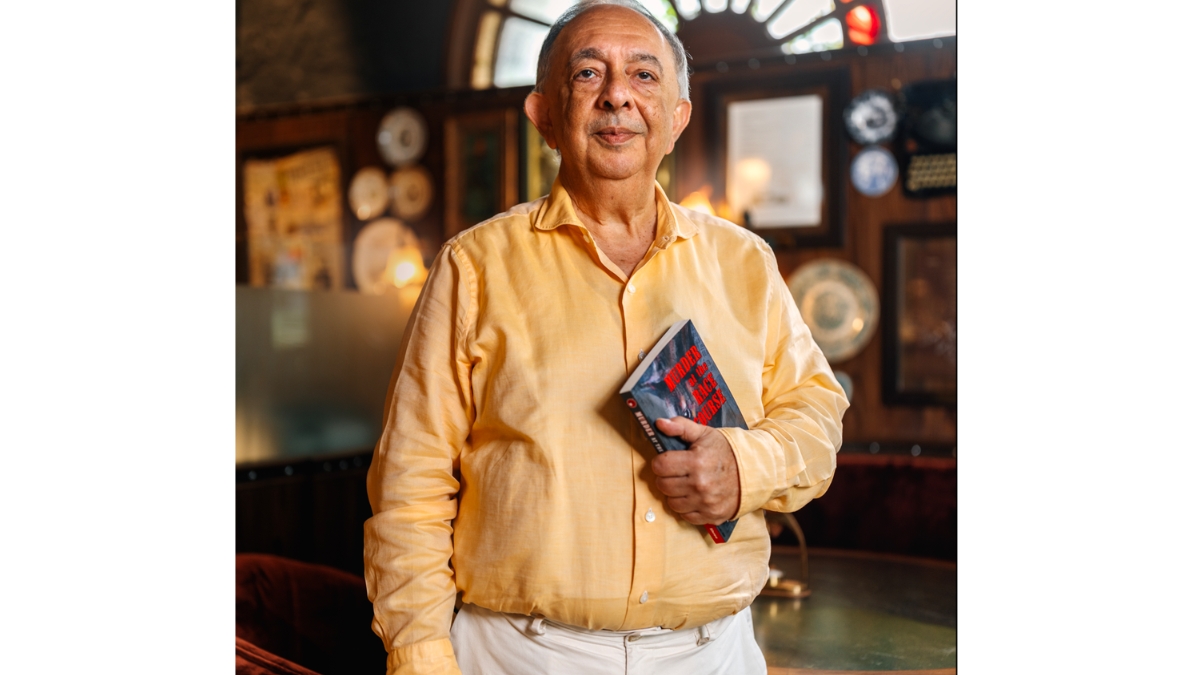Born in the small town of Kollam, Kerala, Devika Unni Vandana’s life reads like a movie script, only it’s all real. Raised in a crumbling house with a struggling family and a father drowning in debt, her path was anything but ordinary. At just eleven, Devika began distributing newspapers before school to keep her family afloat. While many kids her age worried about homework, she was already learning leadership from a father who had lost everything to a failed cashew business and betrayal by his own team. What emerged was a relentless young girl fueled by responsibility and an unshakeable will to fight for her dreams.
Her leadership first ignited when she stood up against academic elitism in school. A classmate gifted in art was denied the spotlight because of low grades. Instead of watching in silence, Devika founded a student organization to campaign for talent recognition beyond marks. She took the matter to higher authorities, stood firm against teacher opposition, and rewrote school policy. This wasn’t just a win for one student; it was a revolution for the entire institution. By 10th grade, she was elected school leader twice, even as her home life crumbled, forcing her family to move in with unsupportive relatives who mocked her pursuit of education over income.
While societal pressure urged her to abandon academics and take up a job, Devika made a silent vow. She would build not just a career, but a house for her family. With zero resources but boundless curiosity, she sketched construction plans, scoured civil engineering manuals, and dreamed of blueprints more than birthdays.
Salvation arrived in the form of her grandfather, an ex-serviceman who believed in her vision. His support helped her join the science stream at TKM Centenary Public School. She led student delegations, secured approvals from engineering colleges, and earned herself a scholarship to study civil engineering. All the while, her dream home began to rise, brick by brick.
University life wasn’t a luxury; it was a daily war. Between classes, she worked in courier warehouses and taught engineering students to fund her family’s survival. Political interference halted her house construction midway. Devika wouldn’t bribe her way out. Instead, she stormed government offices alone, secured clearance letters, exposed contractor fraud, and supervised the entire project’s completion with her own engineering knowledge. Her hands didn’t just draft blueprints; they built her family’s future. Even her academic projects reflected her social conscience, from vertical gardens beneath flyovers to eco-buildings using plastic bottles, some of which were later echoed in real-life metro initiatives.
But every step forward met a harder blow. After graduation, just as she started her career as a site engineer, COVID struck, crumbling the job market. Government exams collapsed. Financial pressure peaked. A forced marriage turned toxic. When her husband banned her from working and denied her the right to support her own parents, she walked out, alone, bruised but unbroken.
The court system, rife with bias, tried to silence her. She refused. With no backing, she faced a hostile legal system and police pressure, but she never surrendered her career or identity. She knew that in India, a woman chasing both dreams and dignity often has to fight harder than anyone else.
Today, Devika is rewriting her future on her own terms. In 2022, She migrated to the UK, pursued a master’s in construction project management, and carried out research on ‘the real impact of project delays on construction firms’, a topic rooted in her own lived experiences. Her long-term mission isn’t just personal success. She wants to transform global construction practices and use her voice for those who are still silenced by poverty, gender, or politics.
Along with this, she secured a job as a Client Service Administrator at ECP. From a crumbling house in Kollam to develop a future in construction in a foreign land, Devika isn’t just dreaming of building projects. She’s building history.




